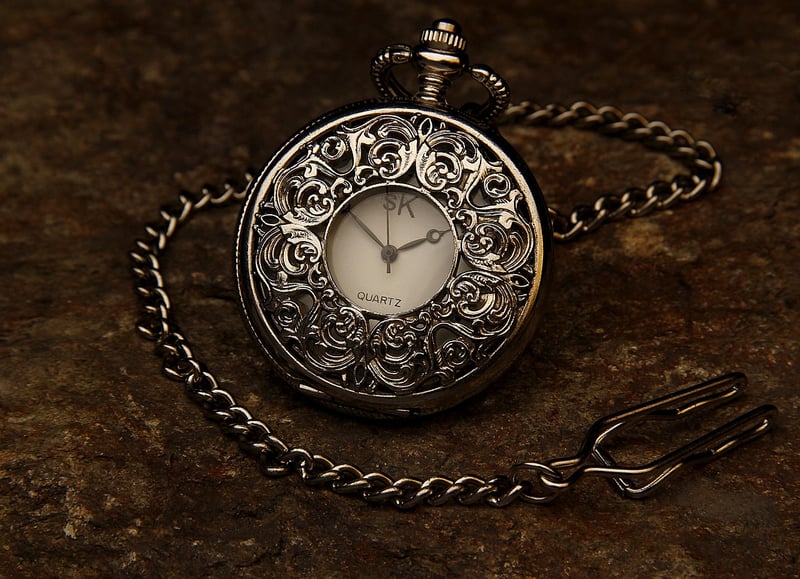Grandfather Paradox
The Grandfather Paradox: Navigating Time Conundrums
Time travel has long been a fascinating concept in science fiction, raising intriguing questions about the nature of causality and paradoxes. One of the most famous paradoxes is the Grandfather Paradox, a thought experiment that explores the implications of altering the past.
What is the Grandfather Paradox?
The Grandfather Paradox posits a scenario where a time traveler goes back in time and prevents their own grandfather from meeting their grandmother. This would result in the time traveler never being born, which raises the question: If the time traveler was never born, how could they go back in time to prevent their grandparents from meeting?
Navigating the Paradox
Various theories have been proposed to address the Grandfather Paradox. Some suggest that altering the past creates alternate timelines or parallel universes, where the time traveler's actions have no direct impact on their own timeline. Others argue that the universe would self-correct to prevent paradoxes, leading to strange and unpredictable consequences.
Implications and Dilemmas
The Grandfather Paradox raises profound questions about free will, determinism, and the nature of time itself. It challenges our understanding of causality and the possibility of changing the past without creating logical inconsistencies.
Conclusion
While the Grandfather Paradox may never be fully resolved, it continues to captivate the imagination of scientists, philosophers, and storytellers alike. Whether viewed as a cautionary tale or a mind-bending puzzle, it serves as a reminder of the complexities and mysteries inherent in the concept of time travel.

Explore more about time travel and paradoxes here.
